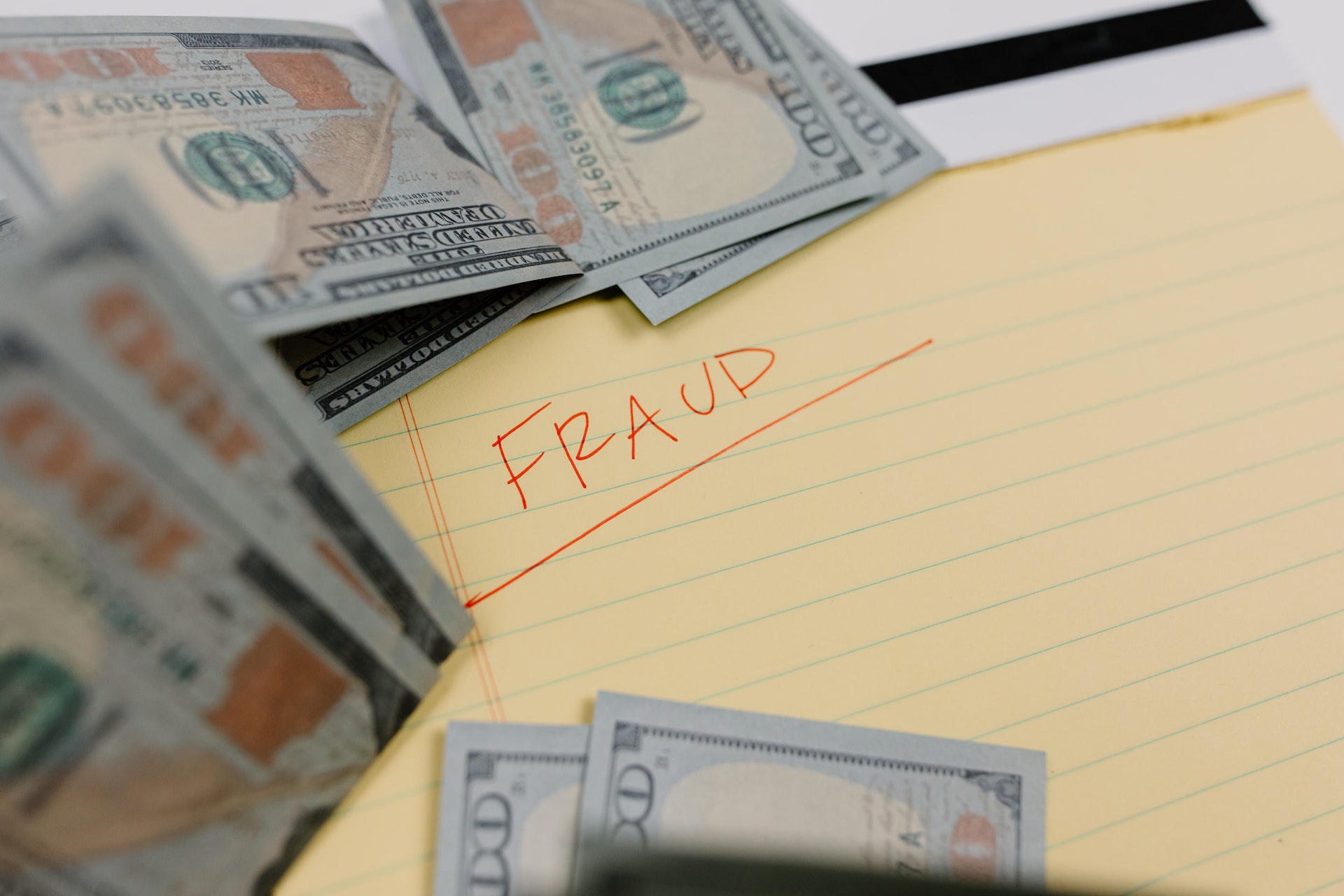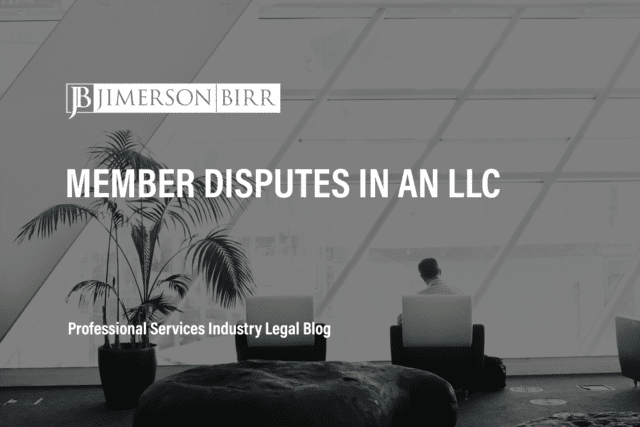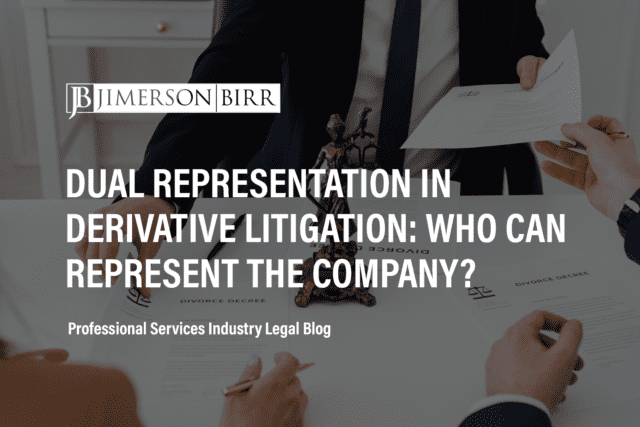What is loss of business value due to fraud or mismanagement?
This form of business devaluation refers to the financial and reputational damage that a company may suffer due to dishonest or unethical actions by its top executives. These actions can take many forms, such as embezzlement, insider trading, accounting fraud, or other financial misconduct. It can also include corresponding or independent mismanagement of the company’s resources, such as poor strategic decisions, lack of proper oversight, or failure to address risks and compliance issues adequately.
The impact of such actions can be significant, leading to a loss of investor confidence, decreased stock prices, legal and regulatory sanctions, and long-term damage to the company’s reputation. In extreme cases, it can even result in bankruptcy or dissolution of the company. Accordingly, companies need to have strong governance structures, including independent boards of directors, effective internal controls, and robust risk management processes, to help prevent fraud and mismanagement and mitigate their impact if they do occur.
Need help with a matter related to loss of business value due to fraud or mismanagement by officers or directors? Schedule your consultation today with a top shareholder disputes and derivative litigation attorney.
In Florida, which laws and regulations apply to loss of business value due to fraud or mismanagement?
In Florida, the laws and regulations related to loss of business value due to fraud or mismanagement by officers or directors include:
- The Florida Deceptive and Unfair Trade Practices Act (FDUTPA): This law prohibits unfair and deceptive trade practices in Florida, including fraud and misrepresentation by businesses, and provides consumers and businesses with legal recourse for damages suffered due to such practices.
- The Florida Securities and Investor Protection Act (FSIPA): This law protects investors in Florida and prohibits fraudulent practices related to securities and investment products, including insider trading and other forms of financial fraud.
- Florida Revised Limited Liability Company Act: This law governs the formation, operation, and dissolution of limited liability companies (LLCs) in Florida, including the duties and responsibilities of managers and members.
- Florida Business Corporation Act: This law governs the formation, operation, and dissolution of corporations in Florida, including the duties and responsibilities of officers and directors.
- The Florida Uniform Commercial Code: This law governs commercial transactions in Florida, including the sale of goods and the financing of transactions, and provides legal remedies for parties who suffer losses due to fraud or mismanagement.
In addition to these laws and regulations, federal laws such as the Securities and Exchange Commission (SEC) regulations, the Sarbanes-Oxley Act, and the Dodd-Frank Wall Street Reform and Consumer Protection Act may also apply to cases of fraud and mismanagement by officers or directors of Florida businesses.
How does the loss of business value due to fraud or mismanagement by officers or directors commonly lead to litigation?
Several common issues regarding loss of business value due to fraud or mismanagement by officers or directors often lead to litigation, including the following:
- Breach of fiduciary duty: Officers and directors have a fiduciary duty to act in the company’s and its shareholders’ best interests. They can be liable for any resulting losses when they breach this duty by fraud or mismanagement.
- Accounting fraud: This involves intentionally misrepresenting or manipulating financial information, such as overstating revenues or expenses, to deceive investors or lenders.
- Insider trading: Officers and directors who use non-public information to trade securities can be liable for insider trading, leading to significant losses for other shareholders.
- Self-dealing: This occurs when officers or directors use their position to benefit themselves at the company’s or its shareholders’ expense, such as by awarding themselves excessive compensation or engaging in related-party transactions.
- Failure to disclose: Officers and directors must disclose material information to shareholders and other stakeholders. Failure to disclose information that would impact the company’s value can lead to fraud or mismanagement claims.
- Breach of contract: Officers and directors may be liable if they fail to meet their contractual obligations to the company or its stakeholders.
- Negligence: Officers and directors can also be liable for losses resulting from failure to exercise reasonable care and diligence in managing the company’s affairs.
When a set of facts is appropriate to give rise to h loss of business value due to fraud or mismanagement by officers or directors, there are many paths a claimant may take. We are value-based attorneys at Jimerson Birr, which means we look at each action with our clients from the point of view of costs and benefits while reducing liability. Then, based on our client’s objectives, we chart a path to seek appropriate remedies.
To determine whether your unique situation may necessitate litigation, please contact our office to set up your initial consultation.
What evidence does a plaintiff generally need to file a lawsuit regarding loss of business value due to fraud or mismanagement, and what are common legal defenses to those claims?
A plaintiff generally needs to provide specific evidence to support these claims to avoid a motion to dismiss. Pertinent evidence may include the following:
- Record of the fraud or mismanagement: Plaintiffs must provide evidence to support their claim that officers or directors engaged in fraud or mismanagement, such as accounting records, internal communications, or witness testimony.
- Evidence of damages: Plaintiffs must provide proof of their losses due to the alleged fraud or mismanagement, such as financial records, expert reports, or other documentation.
- Evidence of causation: Plaintiffs must demonstrate that the fraud or mismanagement directly caused the damages they suffered and that no other intervening factors contributed to the losses.
Common legal defenses to claims of fraud or mismanagement by officers or directors may include:
- Lack of knowledge or intent: Defendants may argue that they were unaware of any fraud or mismanagement or did not intend to engage in any wrongful conduct.
- Business judgment rule: Defendants may argue they acted in good faith and with the company’s best interests in mind by exercising their business judgment.
- Statute of limitations: Plaintiffs must file their claims within a specific time after the alleged misconduct occurred, and defendants may argue that the claims are time-barred.
- Lack of causation or damages: Defendants may argue that the alleged fraud or mismanagement did not directly cause any losses suffered by the plaintiff or that the evidence does not support the damages claimed.
To see what actions or defenses may be available for your unique situation, please contact our office to set up your initial consultation.
Frequently Asked Questions
- What is considered fraud or mismanagement by officers or directors?
Fraud or mismanagement by officers or directors may include actions such as accounting fraud, insider trading, self-dealing, failure to disclose material information and breach of fiduciary duty.
- Who can bring a lawsuit for loss of business value due to fraud or mismanagement by officers or directors?
Shareholders, creditors, and other stakeholders who suffer losses due to fraud or mismanagement by officers or directors may be able to bring a lawsuit.
- What damages can be recovered in a lawsuit for loss of business value due to fraud or mismanagement by officers or directors?
Damages that may be recovered in a lawsuit for loss of business value due to fraud or mismanagement by officers or directors may include lost profits, business value, and other economic damages suffered due to wrongful conduct.
Have more questions about a loss of business value due to fraud or mismanagement by officers or directors?
Crucially, this overview of loss of business value due to fraud or mismanagement by officers or directors does not begin to cover all the laws implicated by this issue or the factors that may compel the application of such laws. Every case is unique, and the laws can produce different outcomes depending on the individual circumstances.
Jimerson Birr attorneys guide our clients to help make informed decisions while ensuring their rights are respected and protected. Our lawyers are highly trained and experienced in the nuances of the law, so they can accurately interpret statutes and case law and holistically prepare individuals or companies for their legal endeavors. Through this intense personal investment and advocacy, our lawyers will help resolve the issue’s complicated legal problems efficiently and effectively.
Having a Jimerson Birr attorney on your side means securing a team of seasoned, multi-dimensional, cross-functional legal professionals. Whether it is a transaction, an operational issue, a regulatory challenge, or a contested legal predicament that may require court intervention, we remain a tireless advocate every step of the way. Being a value-added law firm means putting the client at the forefront of everything we do. We use our experience to help our clients navigate even the most complex problems and come out the other side triumphant.
If you want to understand your case, the merits of your claim or defense, potential monetary awards, or the amount of exposure you face, you should speak with a qualified Jimerson Birr lawyer. Our experienced team of attorneys is here to help. Call Jimerson Birr at (904) 389-0050 or use the contact form to schedule a consultation.

We live by our 7 Superior Service Commitments
- Conferring Client-Defined Value
- Efficient and Cost-Effective
- Accessibility
- Delivering an Experience While Delivering Results
- Meaningful and Enduring Partnership
- Exceptional Communication Based Upon Listening
- Accountability to Goals











